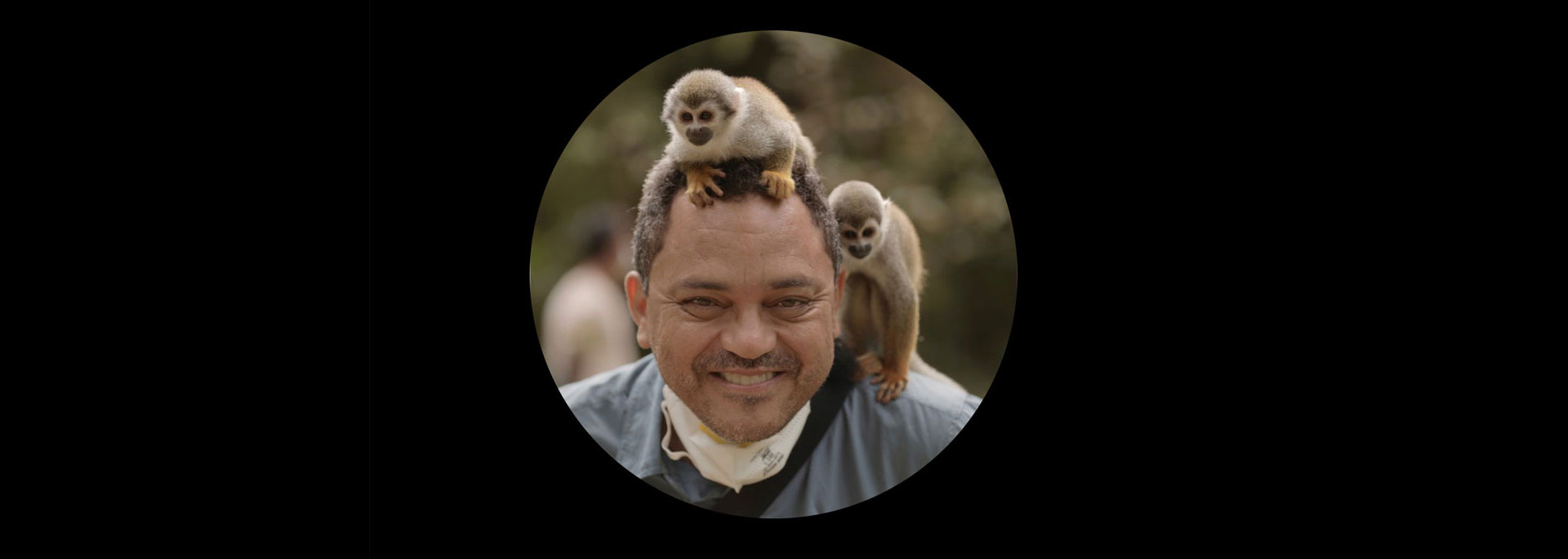Renowned documentary filmmaker Marcos Colón will join Arizona State University’s Walter Cronkite School of Journalism and Mass Communication in the fall as the school’s Southwest Borderlands Initiative Professor of Media and Indigenous Communities. He starts on July 1.
The role is part of a larger programmatic strategy to elevate Indigenous issues and the role of the media in those communities, focusing on the complex intersections and relationships between media and the social, political, economic and cultural dimensions of Indigenous populations. Colón will teach documentary production, support Cronkite’s bilingual programs, conduct research and continue to produce world-class documentaries.
Colón is most well known for writing, directing and producing the films “Beyond Fordlândia: An Environmental Account of Henry Ford’s Adventure in the Amazon” and “Stepping Softly on the Earth.” These documentaries represent diverse perspectives on humanity’s complex relations with the natural world; they also profile Indigenous environmental activists from the Amazon region seeking solutions to environmental and health crises through the aid of diverse ancestral traditions.
Colón was an assistant professor in the International Affairs program at Florida State University. He is also the creator and editor-in-chief of Amazônia Latitude, a digital environmental magazine that has been in publication online since 2018. Additionally, he has contributed articles to publications such as Jornal Público, Folha de São Paulo, Revista Piauí, Le Club de Mediapart, Harvard Review of Latin America, Latin America Bureau and El País. Holding a doctorate in Spanish and Portuguese Cultural Studies from the University of Wisconsin-Madison, his research centers on examining depictions of the Amazon through the lenses of literature, environmental studies and film.
“It’s a privilege to be part of a team of great professionals and scholars at the Walter Cronkite School of Journalism,” Colón said. “It’s also a privilege to contribute to — and be in dialogue with — his legacy as well. The excellence associated with Walter Cronkite both inspires and prepares students to make their own contributions to the field of journalism as it continues to change and evolve.”
Colón will look to prepare his students for the world of digital production by emphasizing a poetic and artistic approach. He sees the art of storytelling, new media forms, and digital technology as tools to raise awareness on a range of important social and ecological issues; his approach also aims to foster civic virtues, such as curiosity, empathy, and respect for others, human and nonhuman alike.
“The course that I will teach will guide students to explore the process of conceptualizing and crafting stories that aspire to represent the truth,” he said. “My goal is to help students see and represent political, environmental and social justice issues in a way that upholds the standards of traditional journalistic practice; but I also want to encourage students to trust their impulse to create stories that enable a sense of compassion and solidarity for those affected by these issues, especially the most vulnerable among us.”
